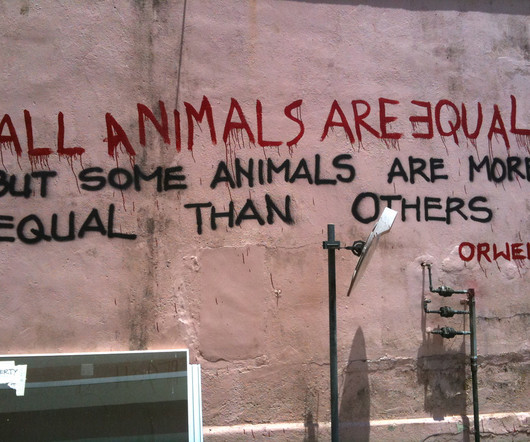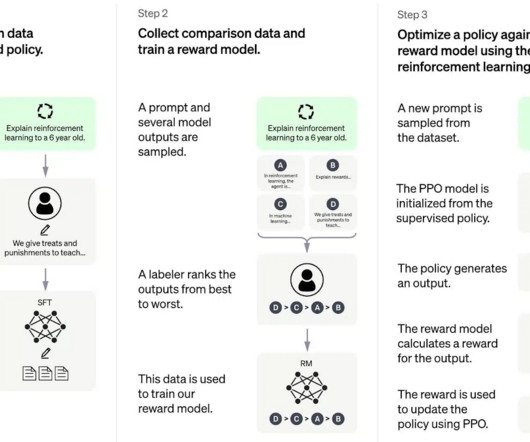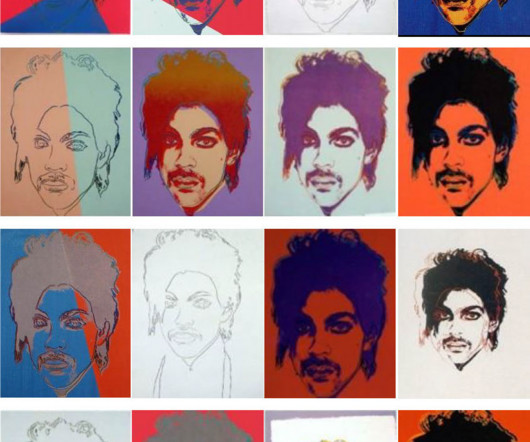A green slogan is not a trademark, says the General Court
The IPKat
FEBRUARY 27, 2023
The term is a compound word modelled on the verb “whitewash” and can be defined as a market or public relations process by an organisation to give a misleading image of ecological responsibility. This information can be in some cases confusing or misleading. Photo courtesy of Luisa Callini and Minou.















Let's personalize your content